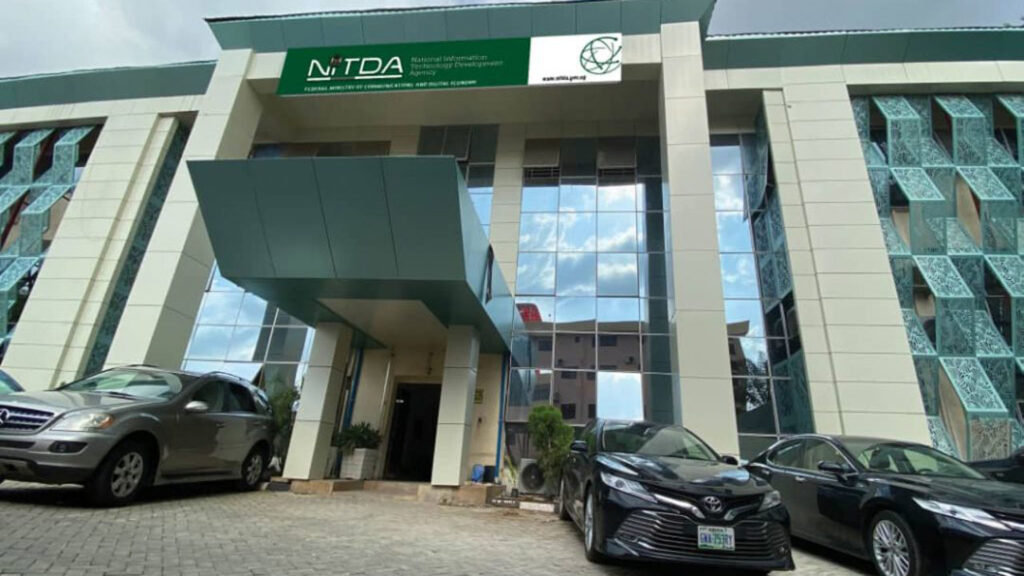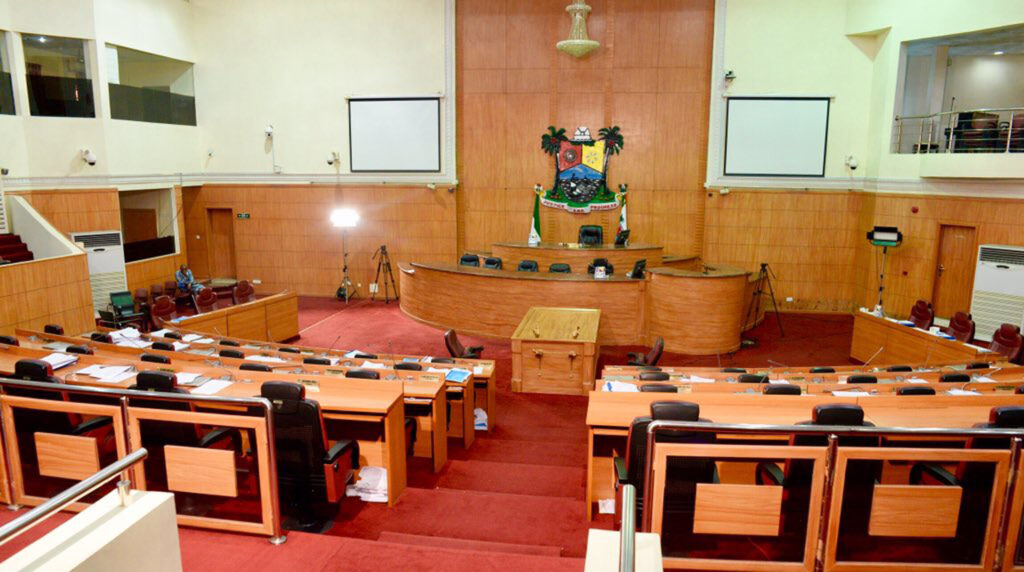A Professor of Law and Dean, College of Law, Caleb University, Imota, Lagos, Foluke Dada, has frowned on over-dependent of students on Artificial Intelligence (AI) for their academic and project works, saying that over-reliance on AI may spell doom for the future generations if not checked.
Dada, in her papers during the eighth Caleb inaugural lecture, tagged: “Human Rights in the Digital Age Navigation Artificial Intelligence, Its Biases and Impacts on the Nigerian Justice System,” advised that students might use AI as a guide but should desist from over-relying on it so as to have a human aspect that is professional, ethical and moral to promote academic integrity.
MEANWHILE, the SATH Foundation, has advocated ethical governance to build trust in AI systems in Nigeria. In his opening remarks at an event in Lagos that brought together stakeholders from prominent organisations, such the National Information Technology Development Agency (NITDA), Microsoft, Google and others to discuss about the future of AI ethics and governance, Chairman of Signal Alliance Technology Holding (SATH), Collins Onuegbu, emphasised the importance of building trust in AI systems.
Dada disclosed that Nigeria is at the forefront of technological innovations in Africa and the implications of Artificial Intelligence for the country’s justice system are profound, adding that the nation needs to open up discussion on how to integrate AI ethically and responsibly in ensuring it strengthens the rule of law and further protects the fundamental rights of all Nigerians.
The professor of law, therefore, stressed the need for Nigerian courts to speed up effort in sensitising legal practitioners in embracing virtual hearing to aid the nation’s legal procedure.
Dada, who posited that in addressing the challenges of Artificial Intelligence-driven discrimination, collective efforts from various stakeholders are required, its developers also play a collective role in prioritising diverse datasets, implementing robust bias detection methods and embracing algorithmic transparency.
She noted that, as a matter of urgency, policymakers need to craft comprehensive legal frameworks to promote responsible Artificial Intelligence development, protect privacy and hold stakeholders accountable, adding that the society at large also has a role to play by equipping themselves with knowledge, demanding informed dialogue and actively participating in shaping the future of Artificial Intelligence.
MEANWHILE, a non-profit arm of Signal Alliance Technology Holding (SATH), the SATH Foundation, has advocated ethical governance to build trust in AI systems in Nigeria.
In his opening remarks at an event in Lagos that brought together stakeholders from prominent organisations, such the National Information Technology Development Agency (NITDA), Microsoft, Google and other notable organisations from various sectors to engage in discussions about the future of AI ethics and governance, Chairman of Signal Alliance Technology Holding (SATH), Collins Onuegbu, emphasised the transformative impact of AI on everyday interactions and the importance of building trust in AI systems.
Also, Southwest Zonal Officer at the NITDA, Chioma Okee-Aguguo, stated the importance of cross-sector partnerships and NITDA’s commitment to ensuring that technology is accessible and deployed ethically.
Others, who spoke at the event, stressed the importance of data classification and the necessity for transparency and bias reduction in AI development.
They, however, canvassed open systems from data gathering to usage and interpretation.The experts also stressed the need to ensure data security in training AI models, learning from global best practices, and applying them through a local lens.













